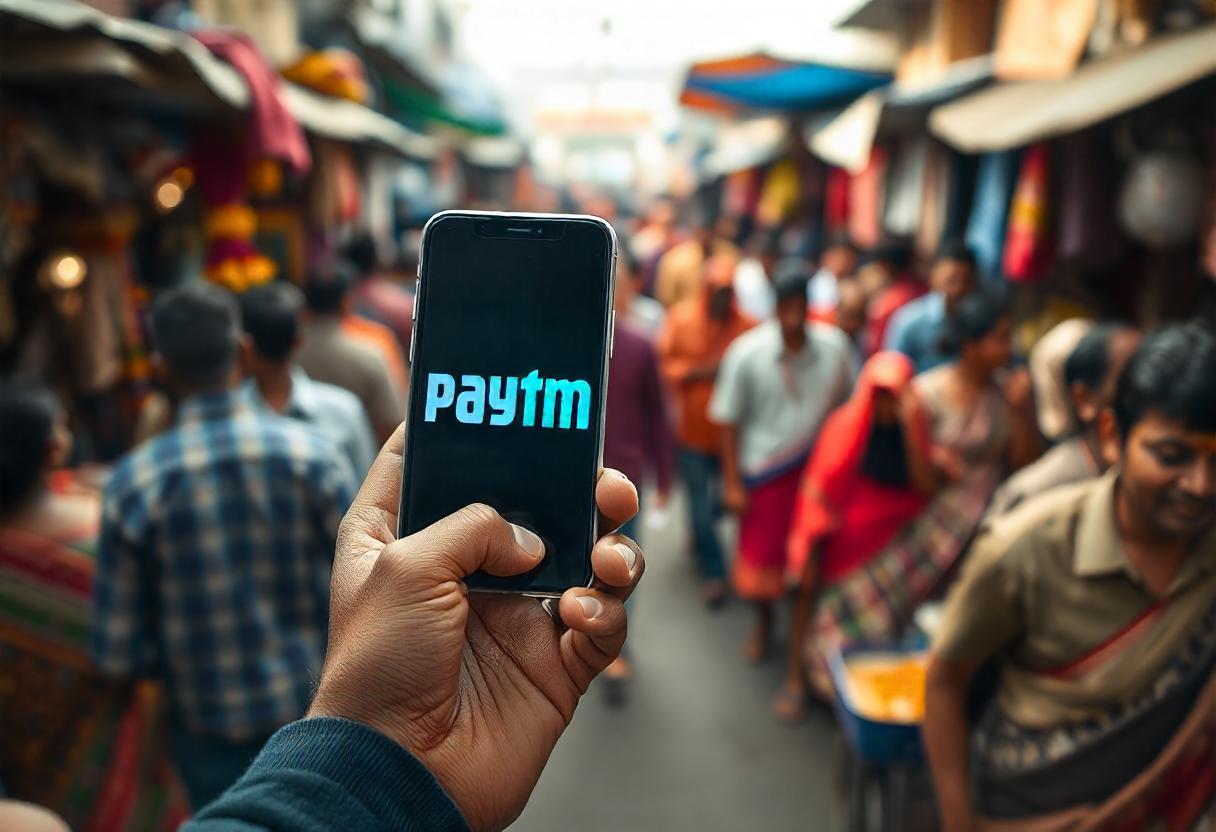Paytm, India’s leading digital payments platform, recently made headlines by selling its stock acquisition rights in Japan’s PayPay for ₹2,364 crore. This strategic move is significant, reflecting Paytm’s ongoing efforts to optimize its global investment portfolio and enhance financial stability. Here’s a detailed breakdown of the development.
Background of the Deal
Paytm’s Singapore-based arm owned stock acquisition rights in PayPay Corporation, Japan’s popular payments platform. These rights were granted in exchange for technology services that Paytm provided during the platform’s initial development phase. Over time, PayPay emerged as a strong player in Japan’s digital payments market, significantly increasing the value of its shares.
Details of the Sale
Paytm has sold these rights to SoftBank Vision Fund 2, which is already an investor in PayPay. The rights represent a 7.2% stake in PayPay, valuing the company at an estimated ₹32,000 crore. The sale will be completed by December 2024, bringing Paytm a substantial inflow of ₹2,364 crore.
What Are Stock Acquisition Rights?
Stock acquisition rights are options that allow the holder to buy shares of a company at a predetermined price. In this case, Paytm’s rights were equivalent to future ownership in PayPay. By selling these rights, Paytm monetized a non-core asset without affecting its operational focus.
Strategic Implications for Paytm
- Strengthening Financials: This deal boosts Paytm’s financial reserves. Such capital can be used to fuel its core operations, invest in new technology, or expand its services.
- Portfolio Optimization: With this sale, Paytm reaffirms its strategy to focus on markets and investments that align closely with its long-term goals.
- Global Recognition: The valuation of PayPay at ₹32,000 crore underscores Paytm’s global technological prowess and its contributions to the fintech ecosystem.

About PayPay
PayPay Corporation, backed by SoftBank and Yahoo Japan, has become one of Japan’s largest mobile payment systems, with millions of users. It offers features similar to Paytm, including peer-to-peer transactions, QR code payments, and merchant services.
How Paytm Benefits From This Deal
- Enhanced Liquidity: The funds from this sale improve Paytm’s liquidity position, allowing it to invest strategically.
- Focus on Core Operations: By monetizing a non-core asset, Paytm can concentrate on strengthening its domestic market share and technology offerings.
- Strategic Alignment: This move aligns with Paytm’s ongoing efforts to streamline its operations and maximize shareholder value.
SoftBank’s Role in the Deal
SoftBank, already a major stakeholder in both Paytm and PayPay, plays a pivotal role in this transaction. By acquiring these stock acquisition rights, SoftBank Vision Fund 2 consolidates its position in PayPay, reflecting its confidence in the platform’s future growth.
Future Outlook for Paytm
- Expansion Plans: With additional funds, Paytm can accelerate its expansion in India, particularly in areas like lending, insurance, and wealth management.
- Technology Advancements: The deal’s proceeds may also be channeled into technological upgrades, enhancing Paytm’s competitive edge.
- Strengthened Investor Confidence: Successful monetization of international assets could improve investor confidence in Paytm, potentially impacting its stock positively.
Conclusion
This strategic move by Paytm underscores its ability to leverage international investments while maintaining a sharp focus on its core business. The ₹2,364 crore inflow not only strengthens Paytm’s financial position but also demonstrates its adaptability in a competitive global fintech landscape. As Paytm continues to grow and innovate, this transaction highlights its commitment to creating long-term value for its stakeholders.









